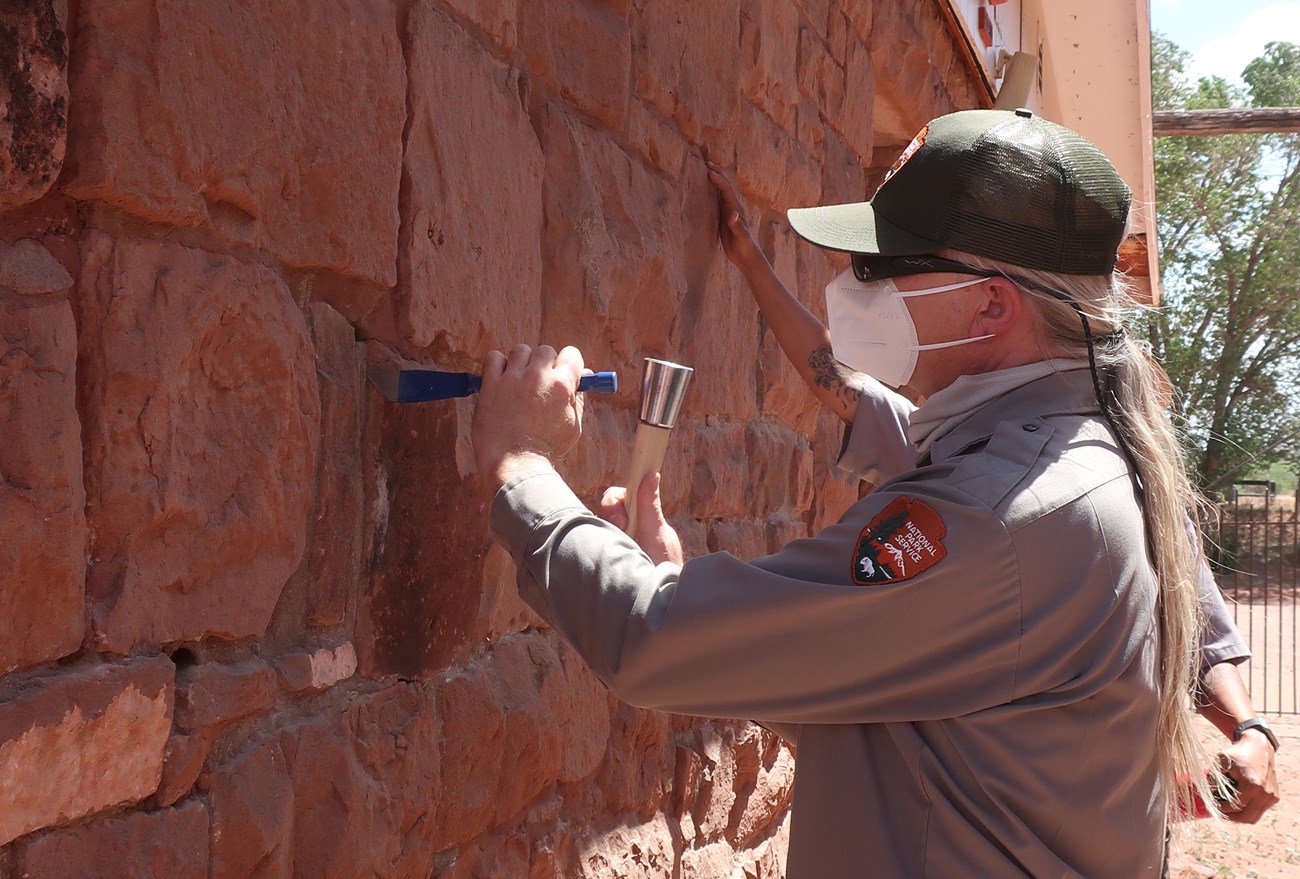Unlocking the Keys of Sustainable Stonework Building And Construction Practices for Eco-Friendly Structures
In the realm of modern building, the quest of lasting methods has actually become extremely important. Among the myriad approaches to environmentally friendly structure, lasting masonry construction stands apart as a tried and true and durable method that holds a wealth of untapped possibility. From the choice of products to ingenious construction methods, the tricks to attaining sustainability within stonework construction are complex and fascinating. By exploring the benefits, materials, methods, and future patterns of sustainable masonry, a much deeper understanding of just how these practices can shape the future of green structures arises.
Advantages of Sustainable Stonework Building And Construction
Welcoming lasting stonework construction practices not only reduces environmental effect however likewise provides long-lasting economic benefits to contractors and areas. By using products like recycled blocks, blocks, and stones, home builders can dramatically reduce the carbon impact of their projects while advertising resource performance. Furthermore, lasting stonework construction strategies, such as appropriate insulation and thermal mass buildings, can boost power efficiency within structures, leading to lowered functional prices in time.
Additionally, the toughness and durability of stonework frameworks contribute to long-term economic advantages. Buildings constructed making use of sustainable masonry practices frequently call for less repair and maintenance, converting to cost savings for contractors and property proprietors. The longevity of stonework products also makes sure that frameworks continue to be steady and protected, decreasing the demand for regular restorations or substitutes.
Eco-Friendly Stonework Materials
Using eco-friendly masonry materials is a pivotal step towards enhancing the sustainability of building techniques and minimizing ecological impact while optimizing long-lasting financial advantages. Sustainable masonry products are sourced, produced, and made use of in a fashion that lowers overall environmental effect. Sustainable concrete blocks integrate recycled aggregates and may include improved insulation residential properties, contributing to energy effectiveness in buildings.
In addition, all-natural materials like adobe, rammed planet, and straw bundles give excellent thermal mass residential or commercial properties, minimizing the demand for heating and cooling down power. These products are frequently in your area available, promoting regional economic situations and lowering transportation-related carbon emissions. By choosing eco-friendly stonework materials, construction projects can considerably lower their ecological footprint and add to the development of healthier, more sustainable developed atmospheres.
Energy-Efficient Masonry Methods
Power effectiveness plays an essential function in improving the sustainability of masonry building techniques. By applying energy-efficient masonry techniques, home builders can significantly minimize the general energy intake of a structure, causing lower operational costs and a smaller sized environmental impact. One essential energy-efficient stonework strategy is the use of thermal mass, which entails integrating dense materials like concrete or brick right into the building's framework to absorb and keep warm. This assists control interior temperature levels, decreasing the requirement for mechanical home heating and cooling systems.

Developments in Lasting Masonry
Current advancements in sustainable masonry practices have actually brought around cutting-edge methods that are improving the building and construction sector. One such advancement is the advancement of self-healing concrete, which utilizes germs embedded within the concrete to recover cracks autonomously. This advancement not just decreases upkeep prices yet likewise enhances the longevity of masonry frameworks, contributing to their sustainability.
An additional noteworthy innovation is the use of recycled aggregates in stonework building - masonry contractor. By integrating products such as smashed ceramic waste or recycled glass right into concrete mixes, contractors can reduce the environmental influence of building and construction jobs while preserving structural honesty. This method not only draws away waste from landfills yet additionally saves natural deposits, making it a crucial improvement in lasting stonework construction
Additionally, the combination of digital design tools, such as Structure Details Modeling (BIM), is transforming the method stonework frameworks are prepared and built. BIM permits more accurate calculations, lowered material waste, and about his enhanced energy effectiveness, inevitably leading to more lasting structure practices. These advancements collectively indicate an encouraging future for sustainable stonework building in the age of environment-friendly structures.
Future Trends in Stonework Sustainability
With the ingenious strides made in lasting stonework methods, the future fads in masonry sustainability are positioned to further change the building this post industry. Among the crucial patterns forming the future of stonework sustainability is the increased combination of technology. Developments such as Structure Details Modeling (BIM) and digital fact simulations are being used to optimize stonework building procedures, leading to lowered material waste and boosted energy performance in structures.
Furthermore, the advancement of novel lasting materials is established to play a substantial function in enhancing the eco-friendliness of masonry building. masonry contractor. Advancements like self-healing concrete, recycled accumulations, and bio-based binders are acquiring traction for their ability to lessen ecological effect while preserving architectural honesty

Verdict
To conclude, sustainable masonry construction techniques provide many benefits for environment-friendly structures. By using eco-friendly materials and energy-efficient strategies, masonry can contribute to an extra lasting built atmosphere. Advancements in lasting masonry are continually being developed to further boost the ecological performance of structures. Looking towards the future, the fad of stonework sustainability is anticipated to expand, bring about more eco-friendly and energy-efficient construction techniques in the years ahead. his response